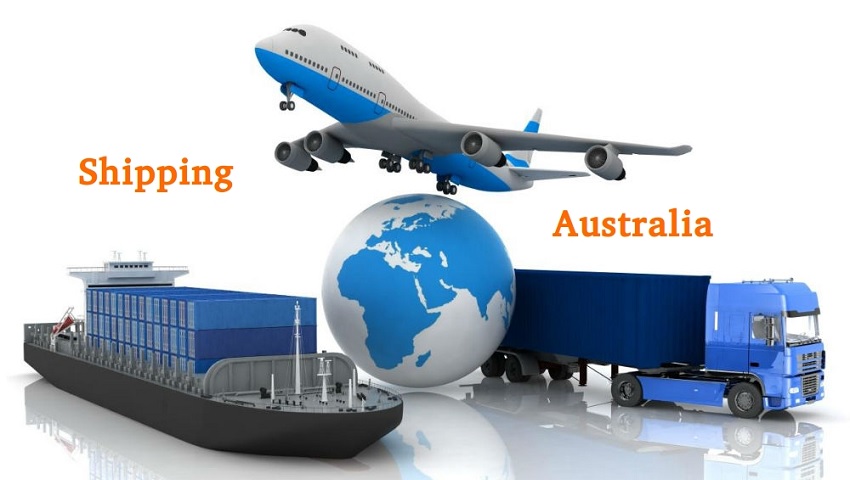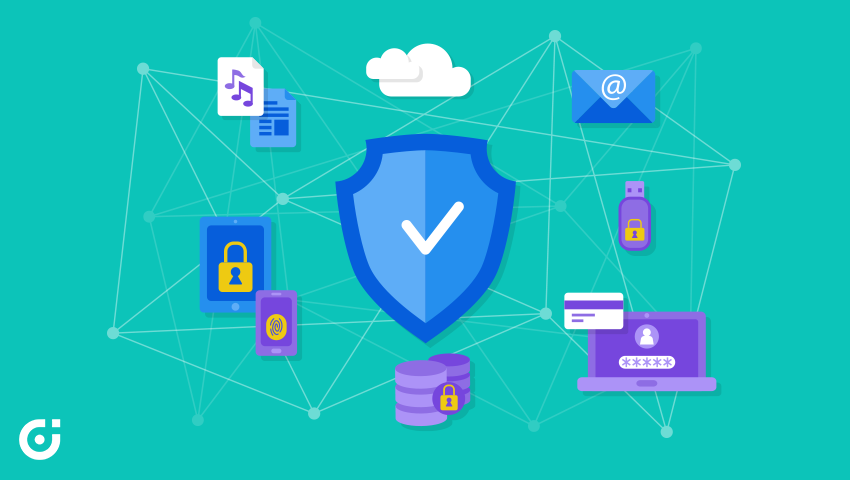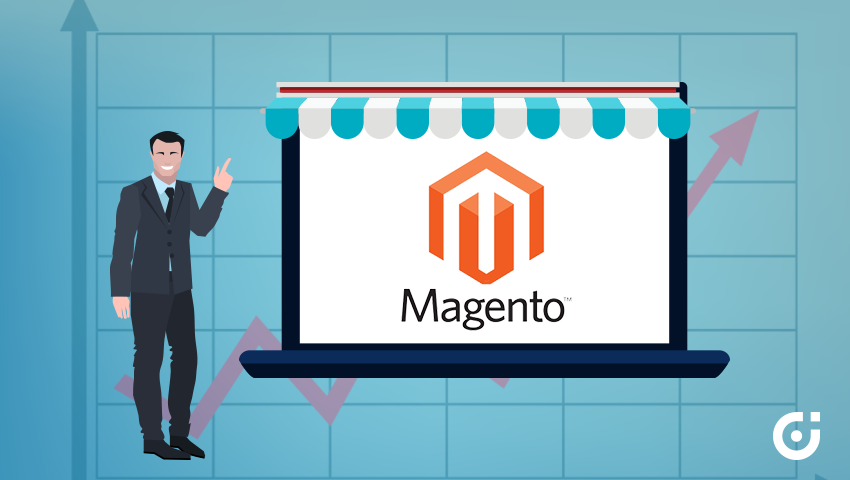Ecommerce is dominated by how the Amazons and Ebays of the world are changing the retail industry and how the world shops. In all geographies you will also find local e-tailers who aspire to be Amazon someday. Amidst all this clamor little attention has been paid to B2B ecommerce and how it is changing the way corporations supply and procure materials.
Given below are some of the major opportunities and challenges in the B2B Ecommerce space.
B2B Ecommerce Opportunities
1. Huge Market Opportunity
According to Frost and Sullivan, B2B ecommerce market will reach double the size of B2C e-commerce market by 2020 and will amount to revenues of 6.7 trillion USD. It will also account for 27% of the total manufacturing trade globally.
As is clearly evident from the above stats, there is a huge opportunity in B2B ecommerce space. The meteoric rise of Alibaba as the biggest B2B ecommerce marketplace and the successful IPO of the group in 2014 is a testimony to this fact. But with huge opportunities also comes some major challenges, meanly related to supply chain and technology integration.
2. Omni Channel Ecommerce Experience
According to a study by Forrester Consulting for Accenture, B2B buyers, driver by omni channel B2C buying experience, expect the same experience for B2B ecommerce as well. 49% of buyers still do work related purchases on B2C websites. This presents a huge opportunity for B2B ecommerce platforms to develop a competitive advantage. B2B customers expect instant online payment options (instead of purchase order or invoices, typically the norm for B2B sales), enhanced search functionality, ratings, personalized recommendations, automated pricing optimization, etc The successful B2B ecommerce platform of the future will be the one which provides an omni channel (integrations with wholesalers and distributors) and automated buying experience.
3. Online Payment Options
One of the biggest challenges of the traditional B2B trade is also one of the biggest opportunities when it comes to B2B Ecommerce. Traditional B2B transactions involve a cumbersome process incorporating sales and purchase invoices. Processing an invoice costs approximately 14 $ today. For companies that process hundreds of thousands of invoices, this represents a significant expenditure. With Online payment and order processing options this process becomes simpler and represents a significant cost-cutting opportunity. So the successful B2B marketplace of the future will incorporate a highly advanced and secure online order generation and payment processing interface.
B2B Ecommerce Challenges
1. Variable Pricing for Customers
B2B suppliers adopt a variable pricing strategy where larger customer get more discounts than smaller ones. B2B customers also often negotiate prices by placing repeat orders. Incorporating this buying process online is a challenge. And to overcome it, the ecommerce platform needs to be equipped with variable pricing i.e. prices which change as you place bigger orders or prices which change based on the type of discount the seller is offering. This make the system more complex, but is indispensable for a B2B ecommerce platform to be successful.
2. Delivering products in bulk
Once the finished product is made the next phase is to deliver the product to the customer at the right time and at the right place. As it is B2B ecommerce, it’s obvious that the orders will be in bulk. Quick and efficient delivery of the product is another major challenge. To tackle this your ecommerce store may allow scheduled order delivery. You should also consider freight shipping for bulk orders. You also need to include shipping rules in your site in order to get accurate estimates and this, again, makes the system more complex.
3. Handling Large Number of SKUs and Data
As a B2B online store you may have to deal with hundreds of thousands of stock keeping units (SKUs) and their various attributes like dimensions, weight, availability, rates, discounts, etc not to mention the various ordering options. If you have a marketplace where other B2B sellers are selling their goods, all this becomes even more complex. The challenge here is to build an ecommerce platform that is advanced and robust enough to handle all this data.
4. Technology Integrations customer support portal
Another key challenge of a B2B marketplace is that it has to be integrated with other IT systems like CRM, ERP and accounting system and any other tool that helps run your business smoothly. Without proper integration you may have to deal with so much disparate data and have to do so much data entry that it will become too cumbersome and costly to handle.
To benefit from the opportunities B2B Ecommerce presents all the above challenges have to be tackled and if done in a smart way can become winning competitive advantages that can propel a B2B ecommerce marketplace into stardom.





